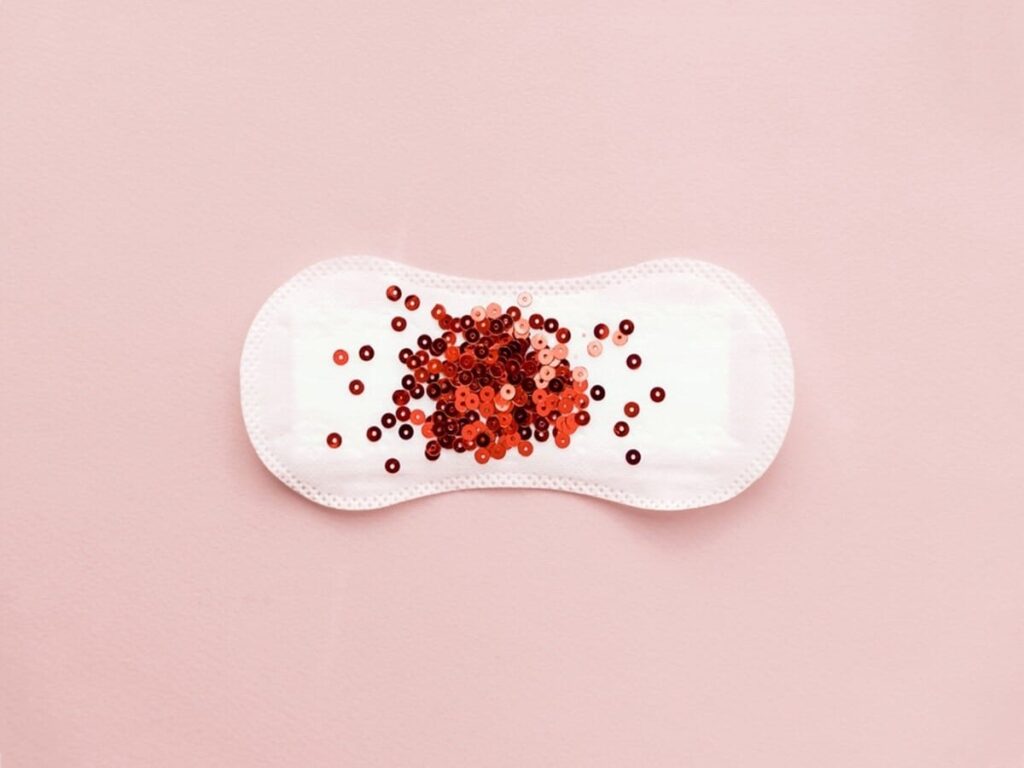During menstruation, women often face a variety of discomforts. From abdominal cramps to mood swings, menstruation can significantly affect daily life. A common complaint among many women is the unpleasant odor associated with menstrual blood. Understanding the reasons behind this issue can help women manage their symptoms more effectively.
Understanding Menstruation and Odor
Menstruation is a natural biological process where the uterine lining is shed. While it is a normal part of life for women, it can be accompanied by several symptoms, including odor that some may find bothersome. The smell of menstrual blood can be influenced by several factors.
The Role of Bacteria
The vagina has a unique microbiome consisting of various bacteria that help maintain its health. During menstruation, the presence of blood can alter the balance of these bacteria, leading to changes in odor. The anaerobic bacteria, which thrive in low-oxygen environments, may produce a stronger smell when they metabolize menstrual fluid.
pH Levels and Menstrual Blood
The pH level of menstrual blood can also contribute to its odor. Normal vaginal pH is slightly acidic, typically ranging from 3.8 to 4.5. Menstrual blood has a higher pH level, which can make it smell fishy, especially if mixed with the natural vaginal secretions. When the pH is elevated, it creates an environment conducive to odor-causing bacteria.
Common Causes of Unpleasant Odor
| Cause | Description |
|---|---|
| Blood Decomposition | As menstrual blood decomposes, it can emit odors, particularly if it is left for a longer duration in sanitary products. |
| Improper Hygiene | Inadequate hygiene practices during menstruation can lead to bacterial overgrowth and resulting odors. |
| Infections | Increased odor can also be a sign of an infection such as bacterial vaginosis or a sexually transmitted infection (STI). |
| Dietary Factors | Certain foods, such as garlic or onions, can influence body odor, including menstrual odor. |
Managing Menstrual Odor
To manage the odor associated with menstruation, consider the following tips:
- Maintain Good Hygiene: Regularly changing sanitary products (pads, tampons) every 4 to 6 hours and using intimate wash can help.
- Stay Hydrated: Drinking plenty of water can help dilute bodily fluids and reduce odor.
- Monitor Dietary Choices: Limiting foods that are known to contribute to body odor may be beneficial.
- Seek Medical Advice: If the odor is unusually strong or accompanied by other symptoms, consulting a healthcare professional is recommended.
Conclusion
Menstrual odor is a common concern for many women, often stemming from changes in bacteria, pH levels, and hygiene practices. By understanding the causes and implementing effective management strategies, women can minimize discomfort and maintain their confidence during menstruation. If abnormalities persist, it’s crucial to consult a healthcare provider for further insights and treatment options.
